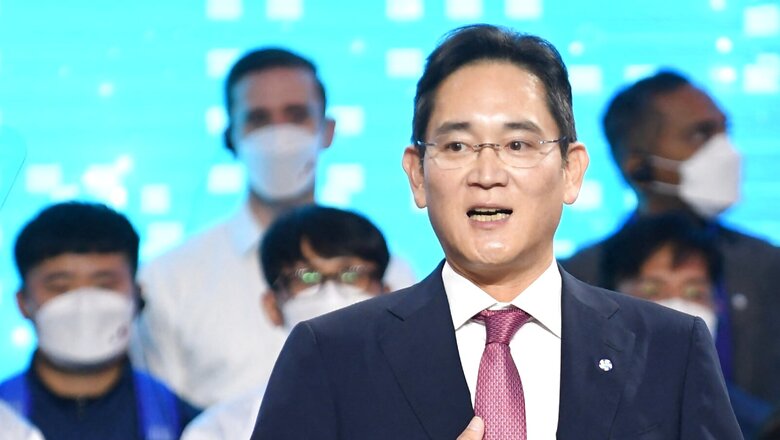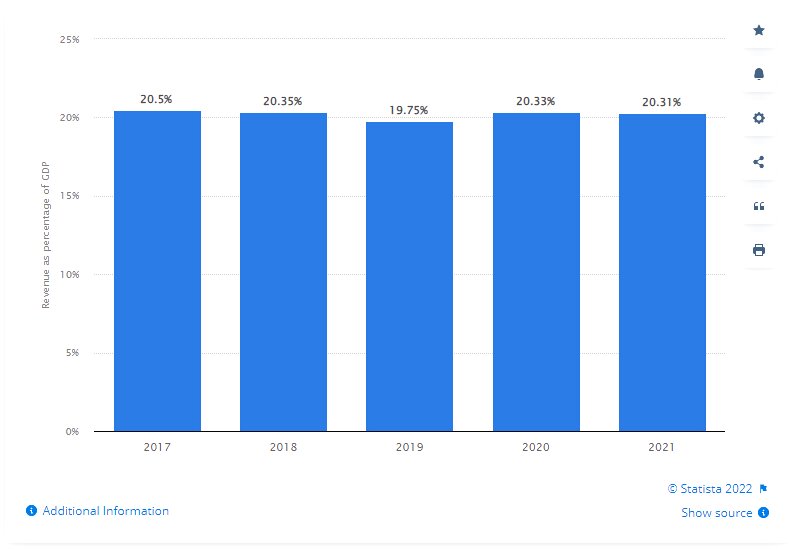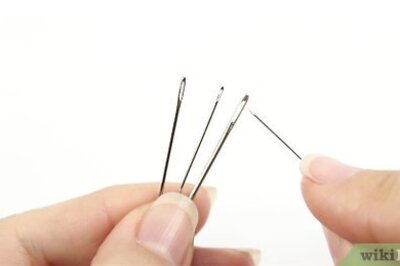
views
South Korean president Yoon Suk Yeol reinstated Samsung Electronics Co vice chairman Lee Jae-yong’s right to work after granting a presidential pardon Friday, news agencies reported.
A report by news agency AFP said that the pardon of Lee Jae-yong is in line with the South Korean government’s practice of freeing business leaders convicted of corruption.
Lee Jae-yong spent 18 months in prison for allegedly attempting to bribe a sitting president. He is also accused of bribing the government to approve his succession.
“In a bid to overcome the economic crisis by vitalizing the economy, Samsung Electronics Vice Chairman Lee Jae-yong, whose suspended prison term ended recently, will be reinstated,’ the Korean government said in a statement following Lee Jae-yong’s release.

The statement’s wording shows the power wielded by the South Korean conglomerates over the nation’s economic, political and social landscape.
According to Statista, revenues of Samsung Group’s 15 biggest subsidiaries accounted for about 20.3% of South Korea’s GDP between 2017 and 2021.
Not only Samsung, but major conglomerates like Hyundai Motor Company, SK Group and LG, have played an essential role in lifting South Korea from the state it found itself in after the end of the Korean war in 1953.
Why Is Samsung Important and the role of Chaebols
These four powerful conglomerates, also known as chaebols, have released products in the global and domestic market which have now become household names almost everywhere in the world.
Be it the Samsung Galaxy Phone, a Hyundai car or a LG refrigerator – these chaebols have released products which have transformed the South Korean economy over the past few decades.
Chaebol loosely translates to ‘money clans’ or ‘money factions’, according to CNET but these are not simply ‘money clans’. The chaebols hold keys to power in South Korea and their owners and chairmen are nothing lesser than celebrities.
The chaebols faced difficulties when the 1997 Asian Economic Crisis hit and 14 chaebols were left as 16 went bankrupt due to erroneous diversification of businesses. This also served as a wake-up call for Samsung.
It was around the same time that Lee Kun-hee, the Samsung patriarch, took over the reins of the company. After he assumed the role of the chairman of the company in 1998, he turned Samsung into the biggest maker of memory chips and made it one of the largest contributors to the nation’s GDP.
In 1998, when Lee Kun-hee took over Samsung, the company contributed roughly over 5% to South Korea’s GDP and by 2013, before Lee suffered a heart attack, the company’s contribution rose to South Korea’s GDP rose to almost 15%.
This paid off during the Covid-19 pandemic as well as Samsung kept the economy afloat since chips accounted for the largest portion of South Korean exports.
It is also the ‘Smartphone King’ for many South Koreans as it not only acts as a rival to Apple’s iPhones but also produces the advanced displays that iPhone uses.
Why the Recall?
According to Park Ju-gun, head of corporate research at Leaders Index, who spoke to Bloomberg News, the recall of Lee Jae-yong is due to the lack of ‘technology leadership and strict management’ at Samsung.
This needed to be addressed by the South Korean government as well as Samsung because of the war in Ukraine and rising tensions between the US and China – two major economies where Samsung runs major fabs. Fabs are microchip manufacturing plants.
Samsung also warned that due to the effects of the pandemic, inflation and the ongoing war on Ukraine made it immensely challenging to forecast the year ahead. It also cited waning consumer demand.
What now for Lee Jae-yong?
Lee Jae-yong, who is also known as Jay Y. Lee can now rejoin the board at Samsung. It also allows him to regain his leadership roles.
All eyes will be on Lee to see if he makes a move to take over as chairman of Samsung. Following the death of his father, Lee Kun-hee, the role has remained vacant.
(with inputs from Bloomberg and CNET)
Read the Latest News and Breaking News here


















Comments
0 comment